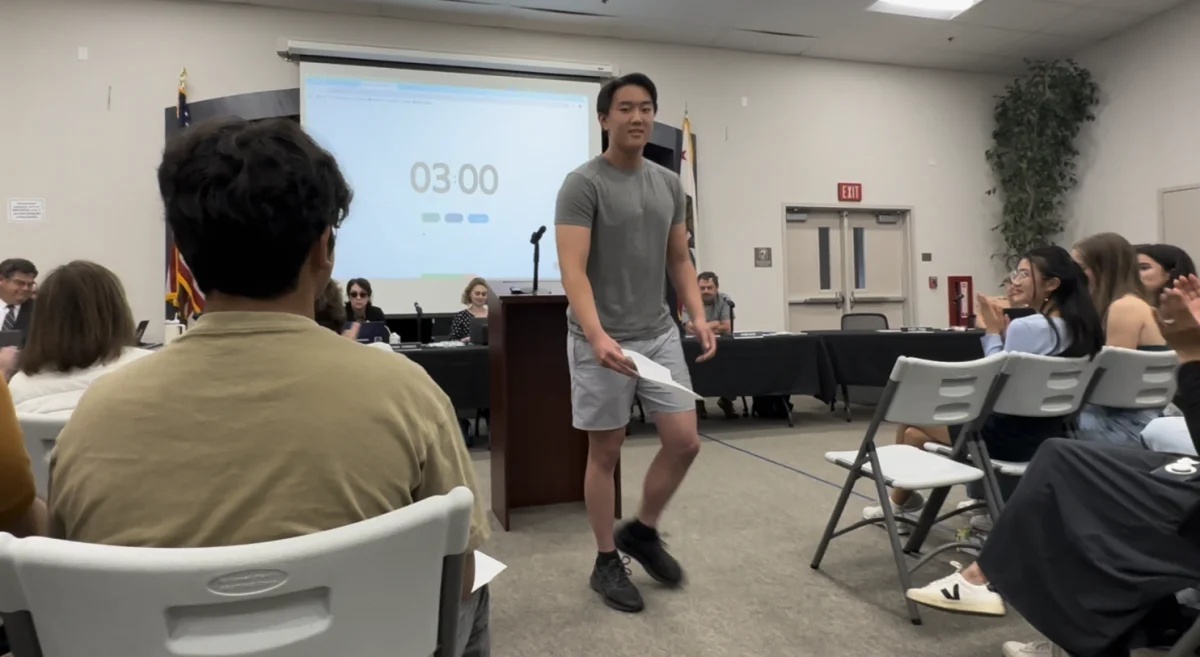Even since the announcement of the new Common Core Standards, Californian education has been in a state of change. The uncertainty surrounding the Common Core exam as well as the new initiative to align to the standards has left people wondering if the Common Core State Standards Initiative will actually prove to be beneficial or if this is a case of good intentions gone wrong.
In the midst of all of this change students have been left wondering how Common Core will impact their future and if it is something to be worried about. The first thing students must realize is that when teachers refer to “Common Core” they are speaking of two separate issues: the Common Core standards and the actual exam on which the standards will be tested on.
The standards themselves are the first attempt to have nationwide standards. They aim to evaluate students not on their ability to memorize rote details but rather on their grasp of skills surrounding the content. For all department teachers this is an improvement over the old standards that demanded them to cover a broad range of topics in a short of amount of time.
“I think the standards are fantastic,” English Department Head Keren Robertson said. “What they do is they kind of get at the heart of what the content area is really about. The English standards, for example, were pages and pages that there was no way we could get them all done. And they were so descriptive like ‘you must teach the postural form of poem.’ [They were] these incredibly obscure standards that were just silly. Whereas the new standards are much more skilled based than content based in all subjects.”
The added bonus of the new Common Core standards is an unprecedented effort to work together across departments. What this will hopefully mean for students is a shift from busy work type teaching to critical thinking and more hands on experiences.
“If the common core assessment is assessing as it was designed to, I believe it will [raise the standard of teaching],” Math Department Head Betty Yamasaki said. “Implementing the common core is not an easy task and takes a lot of time to carefully design and assess the effectiveness of the lessons and assessments created. However, we are fortunate that there are opportunities for professional development which has been popularly supported by the administration and district office.”
While teachers are universally praising the improved standards, the same cannot be said for the exam the new Common Core standards will be tested with. The exam will be entirely computer based, a change that comes with its own new set of problems.
“[M]oving to a complete technology based system is great in theory but you know how limited we are in terms of access to computer labs on our campus,” Robertson said. “How on earth are we going to test all juniors at the same time? How do we have 500 working devices that kids can use and know how to use?”
The way students are being assessed is problematic as well. Though a full version of the exam has yet to be released to teachers, the sample questions teachers have been shown have teachers worried that they aren’t assessing students in a meaningful way. Like with the push for technology, the logistics of actually improving the exam is not entirely feasible.
“They really should be having an essay portion but to score the essay, to hire enough people to read those essay would be dramatic,” Robertson said. “So there will some writing stuff but it’s either going to be computer scored or it’s going to be scored by basically minimum wage paid people who don’t really know what they’re doing. It’s just not a very good assessment.”
Whether California will become another state that does poorly on the new exam or not remains to be seen. However, students and teachers alike can take comfort in knowing California will better prepared than the states that have already taken the exam.
“I think the problem in some of the states that have been early proctors of the testing is that the teachers haven’t adjusted their curriculum yet so basically they’re being tested on something that isn’t a reality in the school yet” Robertson said. “But that’s not going to happen in California. They’re going to have a slow roll out.”








